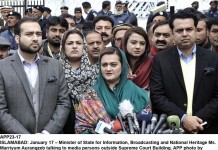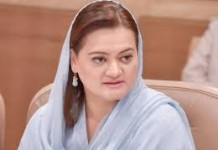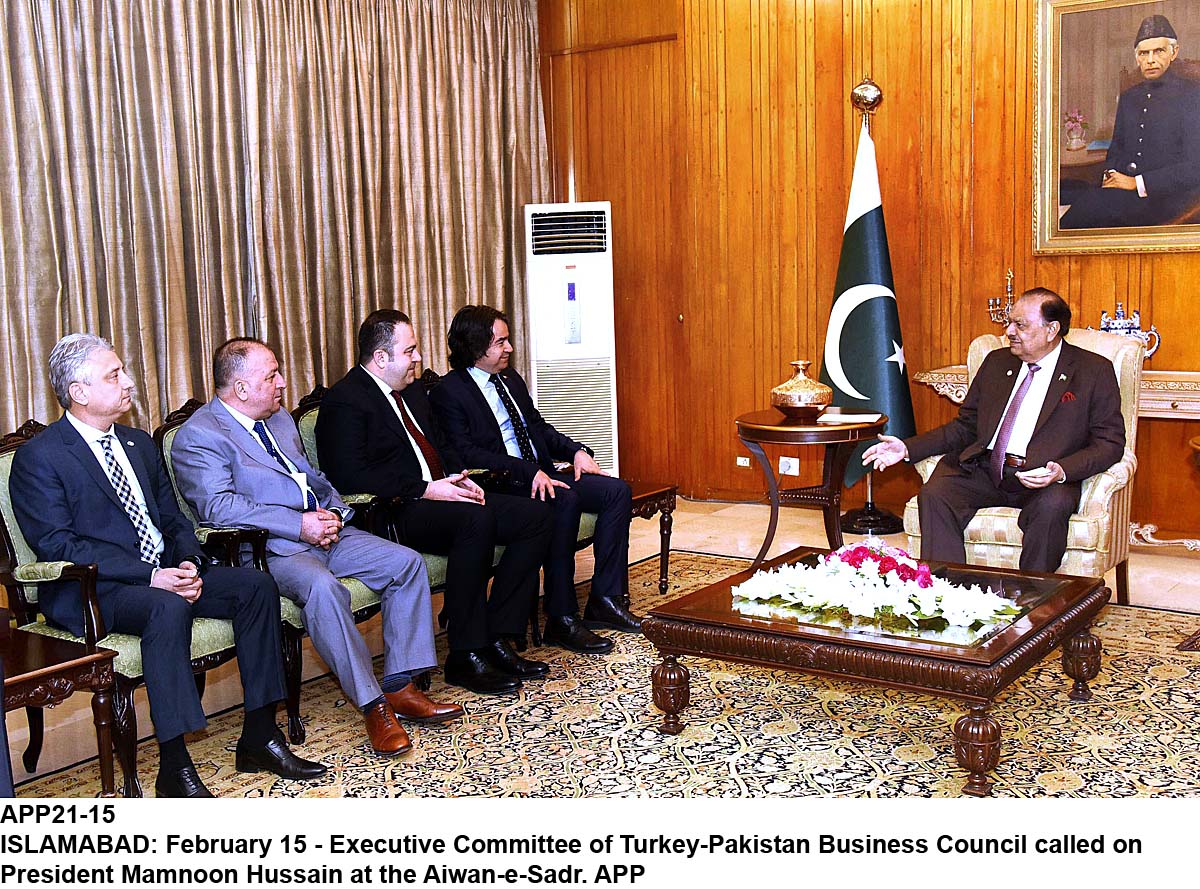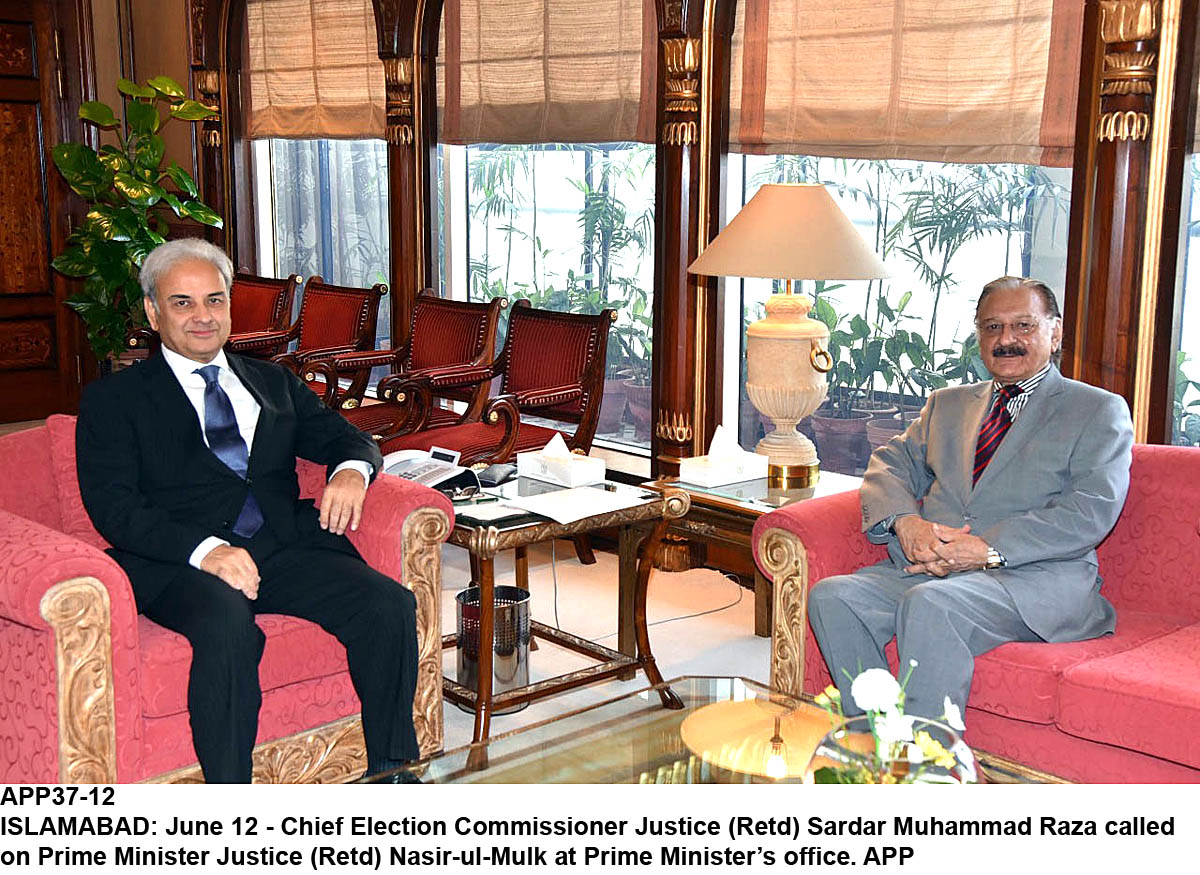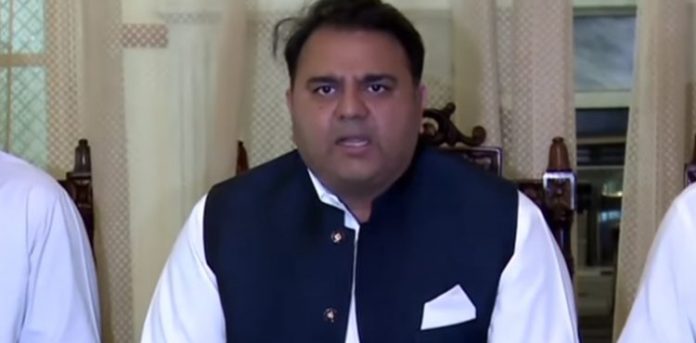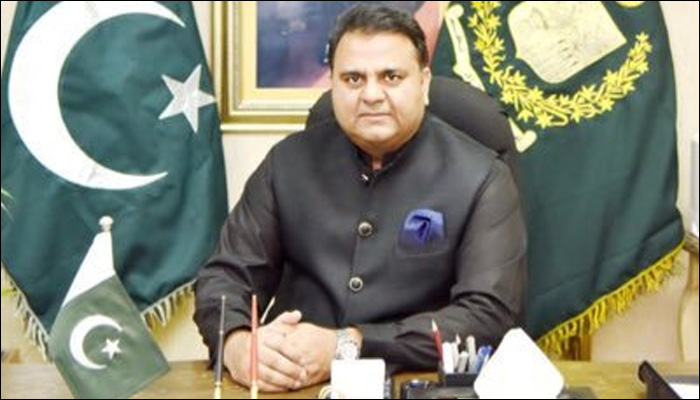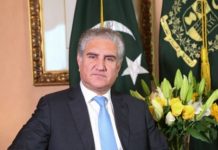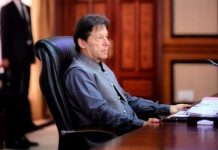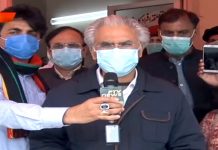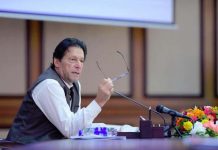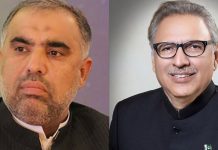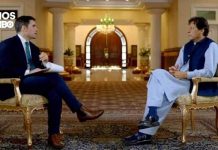ISLAMABAD, Aug 25 (APP):Qawwali, Ustad Asif Ali Khan Santoo, on Sunday said that inculcating the true essence of Sufi music in the young generation was pivotal to promoting the values of love, tolerance, and peace in society.
These views were expressed by one of the most celebrated voices in the world of Qawwali, Ustad Asif Ali Khan Santoo, in an exclusive interview with APP.
“Sufi music has a great history in the subcontinent. Similarly, Pakistan has a rich literary heritage based upon Sufi poetry, and qawali acts as a strong medium for its projection,” Antoo believed.
He said, “Sufi music has witnessed great innovation over time in response to changing cultural landscapes while preserving its spiritual roots.”
“About the challenges and opportunities facing Qawwali in the modern era, the acclaimed artist said, “As contemporary music evolves, Qawwali artists are finding ways to balance tradition with innovation.”
“It’s important to stay true to the core of Qawwali, but we also need to evolve and engage with today’s audiences,” Santoo said.
Santoo discussed the deep spiritual roots of Qawwali, emphasizing its origins in Sufism and its role in connecting listeners to a higher state of consciousness.
“Qawwali is more than music; it’s a journey of the soul,” he remarked.
Despite the innovation, Santoo expressed his commitment to preserving the authenticity of the genre.
“The essence of Qawwali should never be compromised. It is our duty as artists to maintain the purity of this art form while also making it accessible to future generations,” he insisted.
Discussing the role of the government in promoting and preserving Qawwali, he observed that the government must play its role in promoting traditional art forms like Qawwali through funding for cultural events, establishing dedicated institutions for Qawwali training, and integrating the art into national cultural policies.
He emphasized that cultural departments like the Pakistan National Council of the Arts and Lok Virsa should arrange Qawwali festivals.
Reflecting on the future of Qawwali, Santoo expressed optimism, stating, “As long as there is a thirst for spiritual connection, Qawwali will continue to thrive. It’s not just about the music—it’s about the message, and that will always resonate.”
The artist, who got popularity from the song “Dil-e-Umeed Tora Hey Kisi Ny,” said that this was his father’s composition, which received an overwhelming response from millions of people when he sang it in the new version.
Known for Qawwal’s unique style and achievements, Santoo has captivated audiences globally with powerful performances that transcend cultural and linguistic barriers.
Santoo felt proud to be a pupil of the legendary artist (late) Ustad Nusrat Fateh Ali Khan and hoped to achieve a good name like him by dedicating his life to the promotion of Qawwali.
Speaking about his future projects, the artist said, “He will soon hold Qawwali shows in Karachi and Islamabad.”
Asif Ali Khan Santoo is the disciple of the late Ustad Nusrat Fateh Ali Khan. He was born in 1973 in Lahore, Pakistan. He is also the great-grandson of the famous Qawali singer Moula Baksh and the son of Mazoor Hussain.
Asif Ali Khan Santoo is a versatile Sufi singer who knows multiple languages like Arabic, Persian, and Punjabi.
Asif Ali Khan Santoo traces his musical ancestry back more than 350 years. His great-grandfather, Mian Maula Baksh, was one of the most famous classical singers of the Indian subcontinent.
His heirloom was continued by his son and Asif Ali Khan Santoo’s grandfather, Ustad Manzoor Hussain Santoo Khan.
After the partition (1947), his grandfather, Ustad Manzoor Hussain Santoo Khan, settled in Lahore, Pakistan.
Ustad Manzoor Hussain Santoo Khan was the first voice to inaugurate the celebration of Radio Pakistan with Zaamne Ke Andaaz Badle Gaye Naya Raag Hai Saaz Badle Gaye, an ode written by Dr. Allama Muhammad Iqbal.
Popularity hit Asif Ali Khan Santoo Qawwal and his companions, and he was cherished at every home through Radio Pakistan. These popular hits are known for their linguistic diversity, including Urdu, Persian, and Punjabi languages.
مضمون کا ماخذ : میگا ملینز لائیو ڈرا
